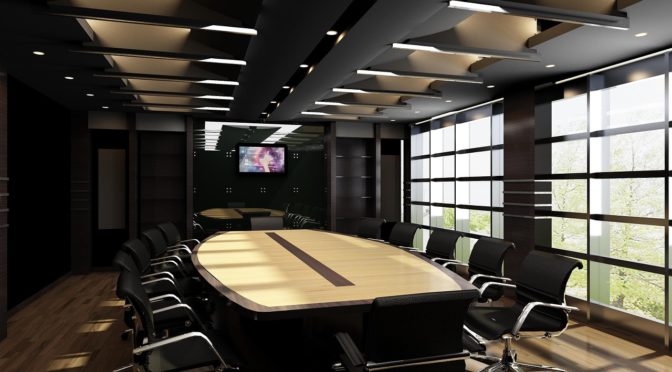Occasionally, I have gone to speak to college music classes about the union, player conferences, and specifically the Theatre Musicians Association (TMA). Most of the students have inaccurate ideas about the union (AFM) and little or no knowledge of player conferences. This, of course, was the reason that I was there.
Each time I’ve done this, I’ve felt that the students not only enjoyed our presentation, but were also grateful for an honest representation of what’s really going on out there. However, I am surprised to encounter many union musicians, especially some who are performing in theatre pits, who have no idea about player conferences and their role in the AFM. I would like to illuminate folks on this issue. This may be redundant to some, but I hope informative to others.
In the AFM Bylaws, a player conference is defined as “A conference composed of representatives of member-musicians in specialized fields of employment.” Unlike the AFM and its locals, a player conference dedicates 100% of its focus on the genre it represents, i.e. theatre, orchestra, recording. There are five official player conferences in the AFM: International Conference of Symphony and Opera Musicians (ICSOM), Regional Orchestra Players Association (ROPA), Organization of Canadian Symphony Musicians (OCSM), Recording Musicians Association (RMA), and Theatre Musicians Association (TMA). Each player conference shares the common thread of having been formed by a group of musicians who desired focused representation of their group within the AFM.
The Player Conferences Council (PCC) comprises one representative from each of the five player conferences. The PCC meets several times each year via e-mail or teleconference to discuss what’s going on with their individual conferences, as well as mutual issues and concerns. It also meets annually (in non-AFM Convention years) with the Locals Conference Council (LCC). As stated in the AFM Bylaws, “The purpose of these councils is to exchange information and ideas on appropriate subjects regarding the good and welfare of the AFM, its locals, and its members.”
Speaking for TMA, I can honestly say that we have a great relationship with the AFM. AFM President Hair, the International Executive Board (IEB), and the AFM Touring/Theatre/Booking Division consult and keep us in the loop with all AFM theatre-related issues.
 TMA is a member of the AFM Pamphlet B Negotiating Committee, which is the contract for AFM musical theatre touring musicians. TMA also has its own Pamphlet B Committee, currently headed by TMA Vice President Walter Usiatynski, which prepares for the negotiations more than a year in advance. It does so through surveying our traveling and local members and one-on-one discussions with traveling musicians when they play shows in the jurisdiction of one of our chapters. We also compare notes with the AFM Touring/Theatre/Booking Division, headed by Michael Manley. He sends out a survey to touring musicians as well.
TMA is a member of the AFM Pamphlet B Negotiating Committee, which is the contract for AFM musical theatre touring musicians. TMA also has its own Pamphlet B Committee, currently headed by TMA Vice President Walter Usiatynski, which prepares for the negotiations more than a year in advance. It does so through surveying our traveling and local members and one-on-one discussions with traveling musicians when they play shows in the jurisdiction of one of our chapters. We also compare notes with the AFM Touring/Theatre/Booking Division, headed by Michael Manley. He sends out a survey to touring musicians as well.
The AFM and the Broadway Theatre League have recently finished the first round of the 2016 Pamphlet B negotiations. TMA has a very active role on the negotiating team as it did in the previous negotiations in 2012. The present negotiations are scheduled to continue in July, after the AFM Convention.
TMA would like to congratulate the AFM on its historic 100th Convention! It will be held in Las Vegas, July 20-24. As a member of the PCC, TMA is allowed to address the AFM Convention. We will be speaking Monday, June 20.
I am proud to announce that the 21st Annual TMA Conference will be held August 22-23, 2016 in Washington, DC, at the Loews Madison Hotel. The Washington, DC, location was chosen to honor one of our newest chapters. We hope that you will be able to attend.
TMA is the AFM Player Conference devoted solely to issues and concerns of theatre musicians. We’re a voluntary organization. If you’re a theatre musician in the AFM, doesn’t it make sense to be a TMA member?


